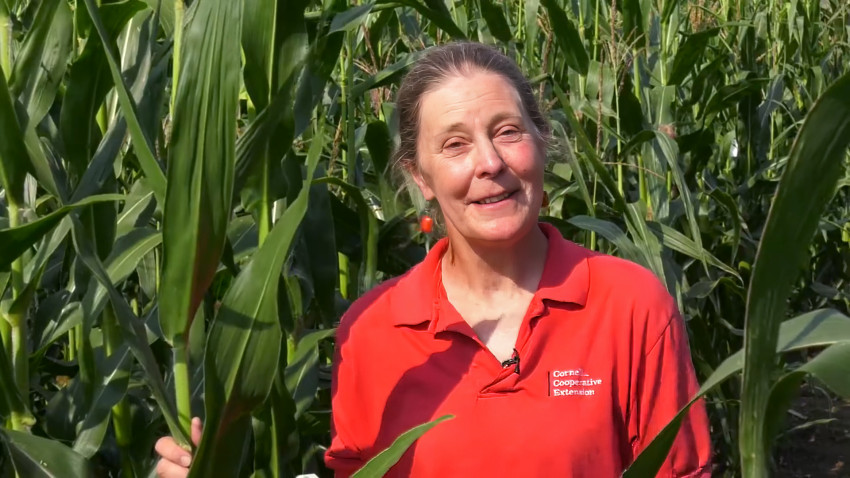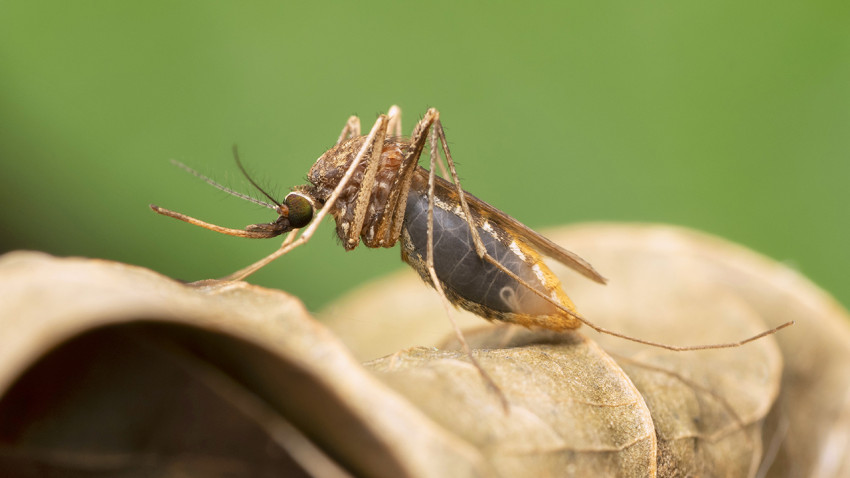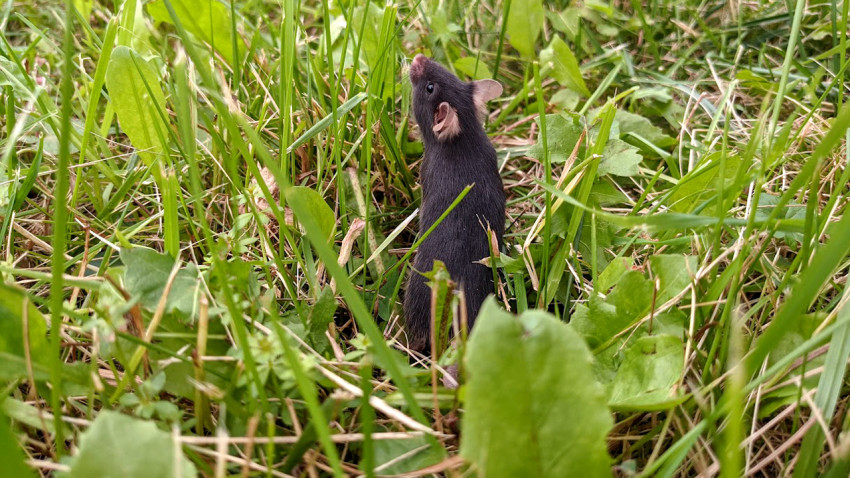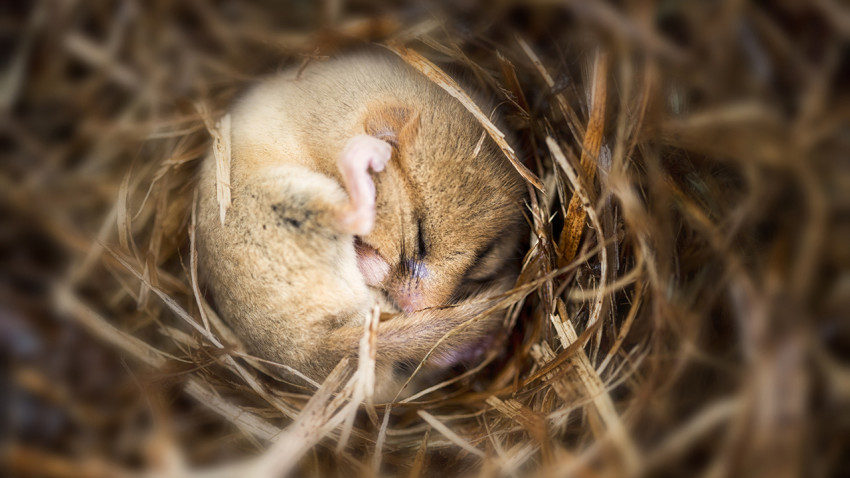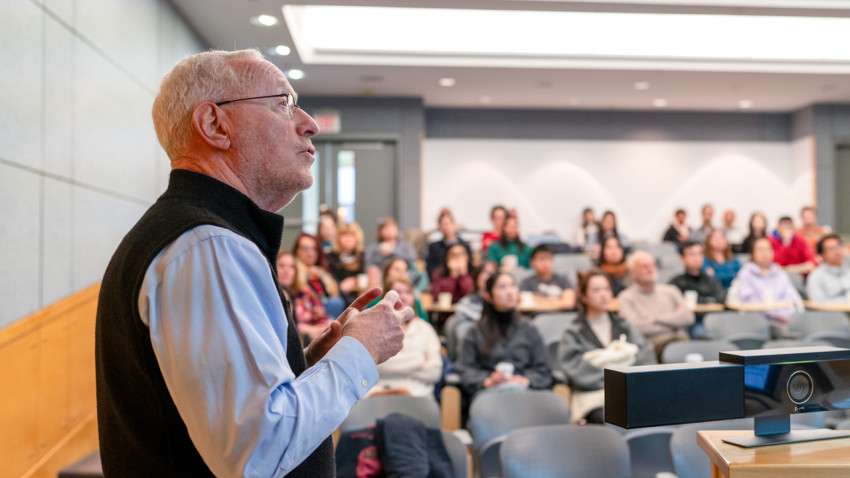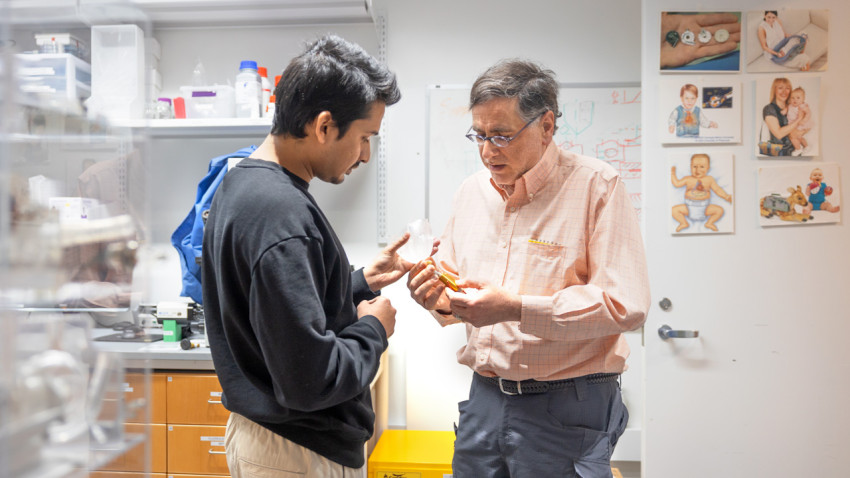News
After almost 50 years at Cornell – from an undergraduate student to a widely respected steward of Cornell’s land grant mission – Margaret Smith has been elected professor emerita.
Researchers review climate intervention strategies to cut emissions and improve oceanic health.
Fischer investigates how cells detect and repair organelle damage, and how these processes influence inflammation and the progression of neurodegenerative disease.
Research from the College of Veterinary Medicine explores how a key step in gene regulation – promoter-proximal pausing – evolved across species.
Cornell’s impact was felt near and far, from the lacrosse fields to research labs and beyond in a turbulent 2025.
A new study based on mathematical modeling reveals how parasites’ choice between using resources to replicate within hosts and transmitting to new mosquito and human hosts might limit their virulence.
When researchers "rewilded" lab mice to large, enclosed fields, even well-established anxieties in the mice disappeared.
Manipulating mouse brains during sleep improved their ability to remember new experiences that would normally be forgotten – a finding with important implications for treating Alzheimer’s disease.
More than 20 years after its founding, the Center for Vertebrate Genomics (CVG) heard from a Cornellian who was there for its launch: President Michael I. Kotlikoff, who helped shape the university’s genomics landscape.
The federal research funding supporting projects across the university, including the development of a pediatric heart pump, has been restarted, but those lost months of work will have a lasting impact.

